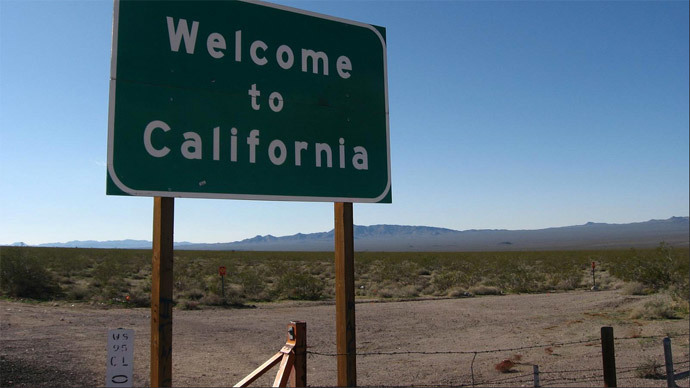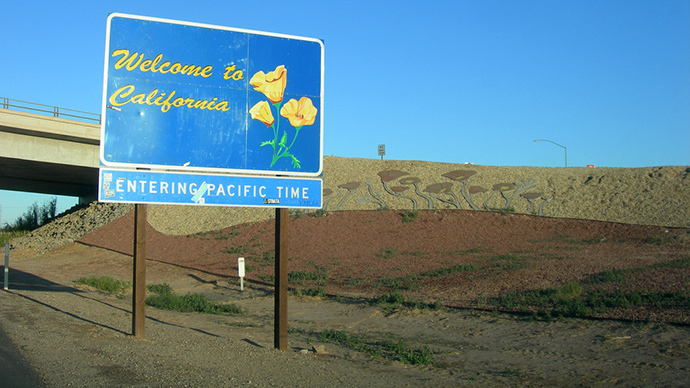Backers of the ‘Six Californias’ plan say they have obtained enough signatures to prompt a referendum on carving up the most populous US state. Campaign leaders claim the split would remedy many problems by creating more effective local governments.
Campaign spokesperson Roger Salazar said the ‘Six Californias’
plan has gained over the 808,000 signatures necessary to include
the issue in a 2016 ballot. The idea would be to split the
world’s eighth-largest economy geographically into Jefferson,
North California, Silicon Valley, Central California, West
California and South California.
"It’s important because it will help us create a more
responsive, more innovative and more local government, and that
ultimately will end up being better for all of
Californians," said Salazar on Monday in a statement.
#SixCalifornias will be submitting signatures in Sacramento tomorrow for placement on the November 2016 ballot. Stay tuned for coverage!
— Six Californias (@SixCalifornias) July 14, 2014
Campaign organizers plan to submit the petition in Sacramento on
Tuesday to set the wheels in motion for a 2016 vote. The
initiative was dreamt up by Silicon Valley venture capitalist Tim
Draper who believes that “with Six Californias, we can
refresh our government."
The billionaire, who made his money investing in internet
startups like Skype and Hotmail, has shelled out almost $2
million in his own money to help fund the campaign.
“Six Californias is our opportunity to solve the many
problems we face today. Six Californias gives us an opportunity
to create a better future for all 38 million of us,” said a
campaign statement on Monday.
Critics have slammed the plan as a waste of time and money and
maintain that it will actually worsen California’s most pressing
problems.
"This is a colossal and divisive waste of time, energy, and
money that will hurt the California brand,” Steven Maviglio,
a Democratic political strategist who has formed the group
OneCalifornia with GOP strategist Joe Rodota to fight Draper’s
plan, told Reuters.
A Field Poll carried out in February of this year showed that 59
percent of Californians were opposed to the idea of breaking up
their state. However, even if the campaigners manage to boost the
popularity of their initiative, they will still face the major
obstacle of winning the approval of both Congress and the State
Legislature.
Draper has accepted that the vote is a “long shot,” but
claims that he can convince people that a change is necessary for
the state with the “worst-managed government in the
country.”


